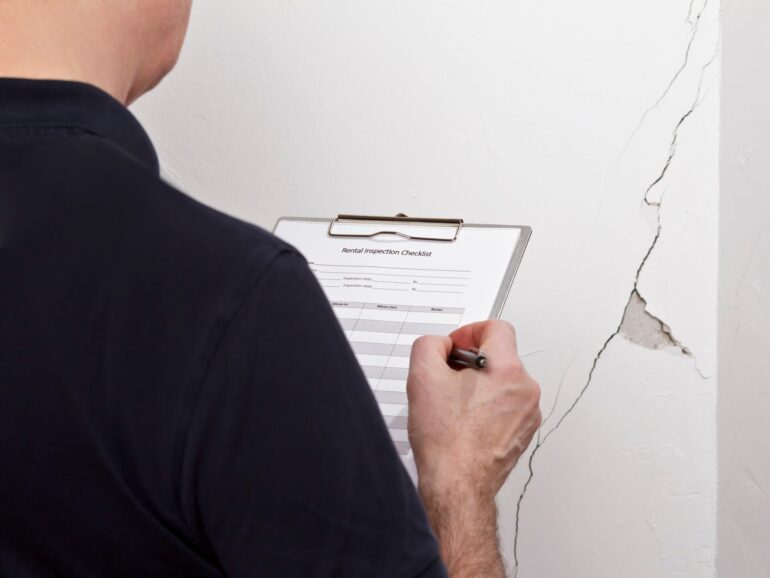Landlords could face more surprise inspections after an amendment to the Renters’ Rights Bill was agreed by the House of Lords.
The change gives councils the power to carry out enforcement inspections on private rented properties without warning landlords in advance.
Phil Turtle, director at Landlord Licensing & Defence, said councils have already been carrying out surprise inspections for years.
Turtle said: “Councils have been carrying out surprise inspections for years, often under the flimsiest of pretexts.
“They claim suspicion of unlicensed properties or breaches of regulations to justify unannounced visits, sometimes arriving at 5am with eight officers dressed in uniforms resembling those of the police.
“These tactics are designed to intimidate tenants, and the Renters’ Rights Bill only legitimises this behaviour, giving councils even more scope to target landlords.”
Under the new rules, councils would not have to give landlords the usual 24 hours’ notice before entering properties for inspections.
Landlords will only be told after the inspection has taken place, but tenants will still receive notice.
Turtle said current laws, such as the Housing Act 2004 and the Town and Country Planning Act 1990, already allow councils to enter homes without notice in some cases, like suspected unlicensed properties or breaches of licence conditions.
Additionally, Turtle warned that council officers often use these powers to catch landlords out for minor issues, including missing paperwork.
He said: “This has little to do with tackling rogue landlords. Councils use these powers daily to penalise landlords who may not have everything 100% perfect.
“It’s a system ripe for abuse, with officers acting like bullies to extract fines.
“Some even boast they have more powers of entry than the police.”
Turtle noted that some landlords had reported council officers using threats of deportation or other consequences to pressure tenants into allowing access to properties.
He warned that these tactics could become more common under the new rules.



